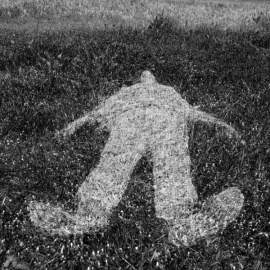
The Theft Act of 1968

The Theft Act of 1968 was enacted by the United Kingdom in order to define crimes that were perpetrated through the use of fraudulent statements or activities. In the Act, statutes were put in place in order to define theft, as well as the means used to achieve the theft. For example, statutes that were not clearly defined were often difficult to prosecute as there were many loopholes within the statutes. The focus of the Act was to define the manner in which a criminal could obtain personal property through false pretenses. Personal property can contain both tangible and intangible assets. In fact, services are even covered by the statute. False pretense is defined as a deception that takes place through a misrepresentation of known facts from the past or present. By nature, the Act did not include promises about the future, as an individual cannot know for sure what will happen in the future, so it could not be proven that a person willfully misrepresented the facts. In addition, "false pretenses" has since been more clearly defined, and even taken out of some statutes that define theft of personal property. Theft of personal property through false pretenses is currently considered a deception offense. In fact, more recent Acts clearly define most instances of crimes involving false pretense, specifically as deception, in order to make the law clearer and more easily prosecuted. The United Kingdom first sought to enact the new statutes in 1968 because laws regarding theft were confusing and frequently overlapped with one another. This confusion sometimes made it difficult to prosecute cases. In addition, the laws needed to be updated in order to force citizens to comply with more recent property laws. While there is a statute of limitations on property crimes, the newer statutes were meant to prevent further abuse and manipulation in order for individuals to gain the bundle of property rights assigned in a property title. There were many other property crimes covered by the enactment of the new statutes in 1968. The Theft Act of 1968 was created in order to cover all theft-related offenses which involved the use of deception or false pretenses. In addition, the Act sought to cover personal property crimes in a more in-depth nature by defining personal property and of what that may consist. It was now clear that property could consist of tangible or intangible items, such as services. False pretense crimes were now all-inclusive under deception offenses, which made the crimes much easier to prosecute.



















